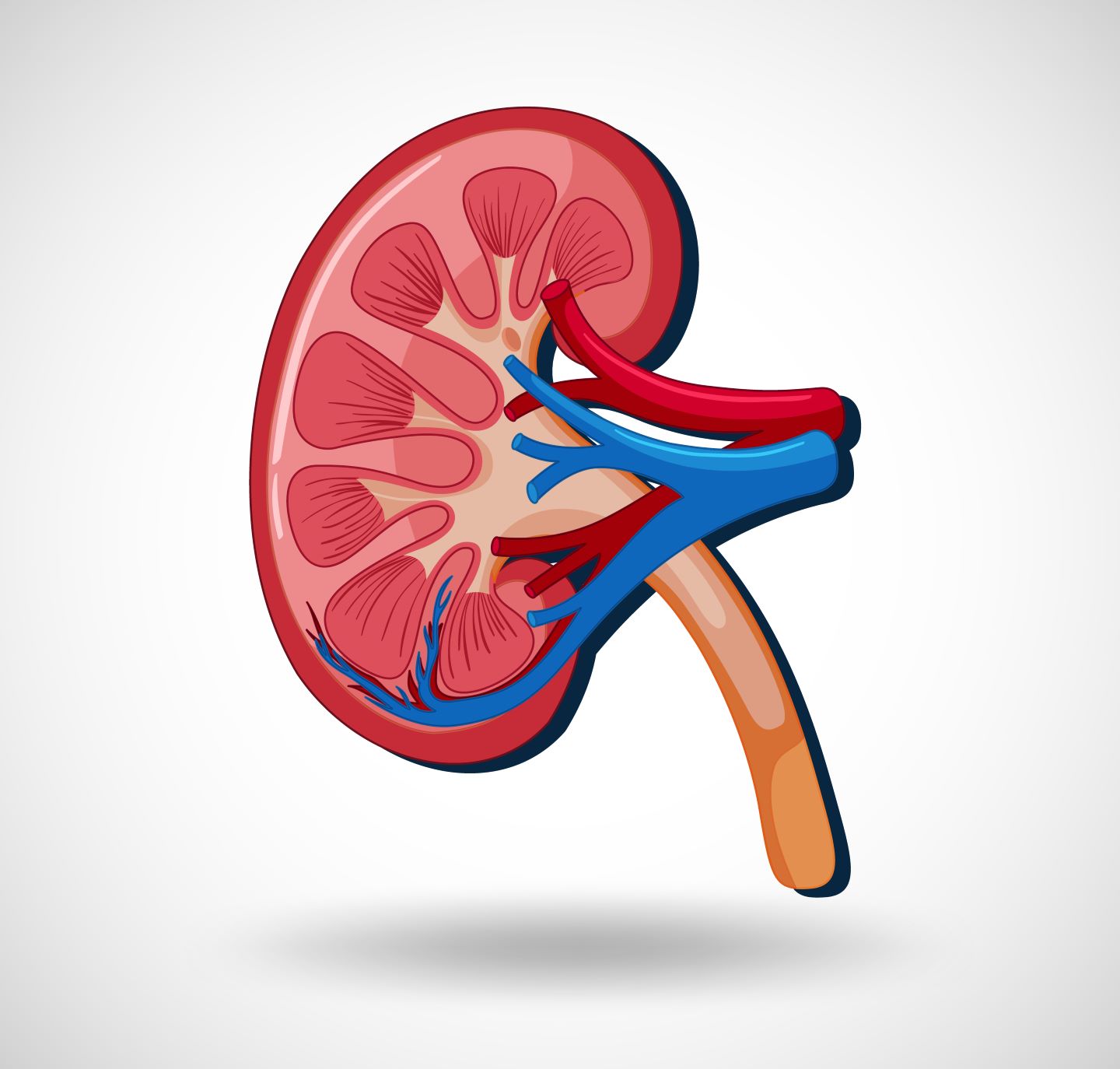Living with Kidney Disease: 5 Things to Consider

Living With Kidney Disease: Things to Understand
The kidneys maintain our body’s overall health by filtering waste and excess fluids. As per the National Kidney Foundation, approximately 1 in 3 adults in the USA are at risk for developing kidney disease. Living with kidney disease poses significant challenges. It impacts our daily routines, dietary habits, and well-being.
Kidney health becomes important when associated with conditions such as type 2 diabetes. While the primary focus of managing diabetes revolves around regulating blood sugar, it’s imperative to understand the symbiotic link between kidneys and diabetes. In this context, medications like the Jardiance 10 mg tablet help in managing blood sugar levels and hence improve the overall kidney health.
What Causes Kidney Disease?
Kidney diseases refer to the growing loss of kidney function over time. It is an escalating concern. It can be fatal for those who are already struggling with multiple challenges of living with kidney disease. It is classified into various stages based on the severity and has many causes. Let’s have a look at these stages:
What Are the Stages of Kidney Disease?
There are five stages of kidney disease, from slight to severe and then comes the End stage, also known as ESRD (End-stage renal disease). This is when the kidneys function at less than 10% of their capacity, and dialysis or transplantation is necessary.
Common Causes of Kidney Disease
In America, kidney diseases are one of the main causes of fatalities. Adults in the US have CKD (Chronic Kidney Disease) in around 37 million cases, most of which go untreated, as per the reports of the Centres for Disease Control & Prevention or CDC. Several factors contribute to these, but certain causes stand out due to their prevalence:
Diabetes: It is one of the leading causes of kidney disease. High blood sugar in diabetes (Type 2) damages the blood vessels in the kidneys. It makes it difficult for them to filter waste.
High Blood Pressure: People tend to ignore the factor, which is high blood pressure, which can eventually damage the blood vessels (small vessels) of the kidneys if not treated on time.
[Do you know?
3/4 new cases of kidney failure in America are caused by diabetes and high blood pressure, according to the CDC.]
Inherited Conditions: Diseases like polycystic kidney disease (PKD) are hereditary and lead to the development of large cysts in the kidneys. Cysts that are large or too many can damage your kidneys.
Other Causes: There are numerous other causes, like recurrent kidney infections, prolonged obstruction of the urinary tract, and overuse of certain medications.
Physical Impacts of Kidney Disease
According to the CDC, In 40% of cases of severely reduced kidney function (without dialysis), people are unaware that they have CKD. These are symptoms and early warning signs that tell you that your kidney is damaged or is on the edge of getting that:
- Fatigue: A constant feeling of tiredness or lack of energy.
- Swollen Ankles: Fluid buildup due to poor kidney filtration leads to swelling.
- Blood in Urine: A clear indication that the kidneys aren’t functioning optimally.
- Shortness of Breath: It happens due to fluid accumulation in the lungs.
What Are the Emotional & Psychological Aspects of CKD Patients?
While the physical toll of living with kidney disease is undeniable, the emotional and psychological dimensions can be just as profound.
Coping With the Diagnosis
Being diagnosed with kidney disease often triggers a range of emotions:
- Denial: A disbelief that one is afflicted, hoping it’s just a minor ailment.
- Anger: Frustration and questioning, “Why me?”
- Bargaining: Hoping for alternative outcomes or making promises in exchange for better health.
- Depression: Feelings of hopelessness, sadness, and a lack of interest in life.
- Acceptance: Coming to terms with the diagnosis and finding ways to move forward.
When you live with kidney disease, going through these emotional stages is part of the process. You can cope and regain your strength by seeking mental health support, be it through therapy or counseling.
Managing Stress and Anxiety
There are several techniques that help in managing stress and anxiety:
- Meditation: It provides a moment of calm and centeredness between life’s turbulence.
- Deep Breathing Exercises: It helps in calming the mind and body, reducing stress hormones.
- Counseling: Talking to a professional offers coping strategies and provides a platform to express feelings.
How can you prevent kidney failure progression?
Dietary Changes to Maintain Your Kidney Health
Protein: It is an essential element for overall health but should be consumed in adequate amounts to prevent kidney failure.
Fluids: Intake might need adjustment depending on kidney function.
Calcium: It maintains bone health while managing kidney disease.
[Note: Reduce the intake of sodium, potassium, and phosphorus in your diet as it helps in preventing complications associated with kidney disease.]
Managing Chronic Kidney Disease Through Medication
Medicines: Medications are used to manage high blood pressure, cholesterol, anemia, and more, which leads to CKD. Avoidance of certain drugs is essential to be wary of some over-the-counter (OTC) medicines that are the best kidney health supplements exacerbate problems.
When Is Dialysis Needed?
For those who are in the last stages of kidney disease, dialysis becomes a crucial intervention. According to the American Kidney Fund, over 562,000 Americans are currently on dialysis, describing how important it is to help those with severe kidney disease to lead healthier lives.
- Hemodialysis: A process where a machine filters the blood outside the body, removing harmful wastes.
- Peritoneal Dialysis: This involves using a solution to filter wastes inside the body.
For which you have to work your blood sugar, and this can be done with the help of medicines like Jardiance. And now, it is available in the best Canadian online pharmacy at very affordable prices.
Conclusion
Living with kidney disease requires both physical treatments and emotional strength to handle daily hurdles. It’s essential to address both the medical and psychological aspects of comprehensive care. With proper support and informed choices, one can tackle the challenges of kidney disease with determination.





